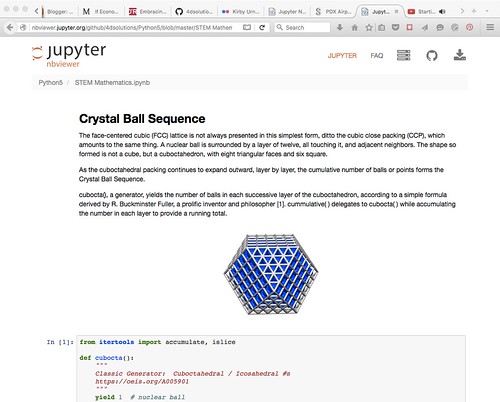Given I have this whole other BizMo Diaries journal (chronofile, blog...), why am I posting this one here? A mistake? More a cross-filing.
I don't want World Game Player (Grain of Sand) to be oblivious when it comes to "a life on wheels" we could call it (leaving room to keep it metaphoric, as usual). "Grain of Sand" being me, or any one of us, but why not "as a member of a bizmo team" in some chapters? I need my left brain to remember what my right brain is up to, and vice versa.
Let's get to BizMo now:
BizMo: you go into the garage, where the many plain vanilla models are arranged. They come in many shapes and sizes. Once you're in the one you've been assigned, based on your selections, you're ready to download your familiar cubby, the personal workspace environment you're accustomed to using. This rig is outfitted for business but doesn't presume to tell you what that means, in terms of desktop layout, icons, favorite playlists and so on. That's something you craft, and port from vehicle to vehicle.
FAQ:
Some of you are thinking: all very fun science fiction but what's this 'dockerizing' business in your title, makes no sense.
That's likely a minority, but who knows, don't feel left out. In my vocab a Docker container is something that comes to you over tcp/ip, and equips your local workspace with a bunch of versions of stuff, all tested to work by whomever designed this container in the first place. So you sit in the cab of your vehicle, enter some codes, and you get the kinds of applications you need to do the kind of work that you do.
You might be thinking: why go to all the trouble to install anything locally when your vehicle has full time access to the cloud?
You see how I set that up to contain the answer: your assumption about full time access to the cloud is not assumed. The team needs to operate remotely, off grid, perhaps on battery, and there's no seeking for signal in all circumstances. But then another reason is response times, ease of use and so on, even when cloud access is maintained.
I'm using Docker in the following way these days:
I like using the Python language but it's always moving ahead to a next version. Sometimes I want to play around with the next version without yet changing my everyday work bench, so I turn to Docker. Thanks to one of those containers, I'm able to boot up the newest Python and work out in its shell, import its Standard Library modules, sometimes cutting and pasting to Quora, where I'm storing my answers to questions, as a way of giving back and working out.
I could be doing all this from within a wheeled BizMo, an actual van of some kind, in which case I might have given myself a Cascadia themed dashboard that talks a lot about geology as we're driving by (something designed by Patrick and Diane).

